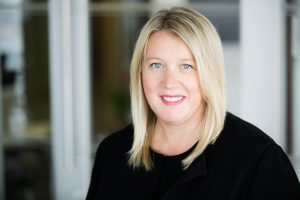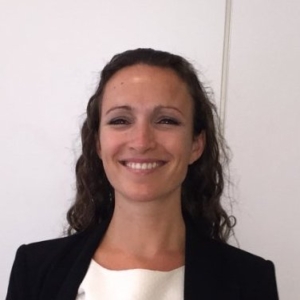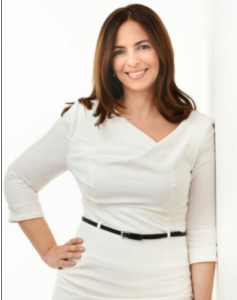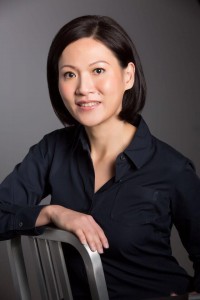By Cathie Ericson
Meltem Cagan made an assumption that many women do when they’re starting their careers. “I always thought delivering the results was the most important component, but now I see that relationships and how you position yourself politically are hugely important, particularly in financial institutions,” she says.
Very numbers driven, she underestimated the critical nature of perception, which created some unfair situations in her view. “If you concentrate on delivering results, that’s important, but there’s this other component I wasn’t aware of at first that factors equally,” she says. “As a logical and straightforward person, I realize I was naïve to not understand this as a significant element in the industry, and I am eager to share that knowledge with others.”
A Career Destined for the Top
Cagan’s career has had a clear theme: Start at the bottom and climb the ladder. That was the case when she started as a trader in Turkey: During her 10-year tenure, she ended up running the trading floor for a medium-sized bank. Then she decided to move to wealth management, which took her to London with Citi where she started as a private banker and built her business before being asked to head Citi’s private banking business.
After her Citi stint, she joined Morgan Stanley to fulfill her desire to work for an investment bank; three-and-a-half years later she was approached by UBS, fortuitous timing since at the time Morgan Stanley was planning to sell its business. She happily accepted UBS’ offer to join the biggest wealth manager in the Turkish market, where she has been for almost three years.
“My career has taken me through all types of banking, and due to my team’s success, I have always been offered increasing responsibility. That’s what drives me,” she says.
She appreciates the current flexibility she has and the opportunities she’s had to work in Turkey and London, where she is a managing director. “It was a difficult ascent as a woman and I am proud of my career path,” she says.
Over the past three years, she has been focused on growing the business and is excited to see how they can take it to the next level. “Rather than growing 10 percent, I’m wondering how we can double it,” she says, noting that it’s not just about growing the business but enhancing their reputation. “We would never grow the business at the expense of our reputation. The challenge is to successfully do both together.”
With that goal in mind, Cagan also acknowledges the industry is going through a difficult period in terms of growth. Still not fully recovered from the 2008 crisis, many countries are experiencing anemic growth, which keeps interest rates low and injects a great deal of volatility into banking, creating a low- or no-growth environment. In addition, in many markets there is much inefficiency and regulation, which can conspire to create a difficult environment to deliver results. “We have to deal with cost pressure and margin pressure, but we will be successful,” she says.
Barriers for Women are Largely Self Imposed
“Most women, including myself, are perfectionists. We expect too much of ourselves and can be harsh and critical. But this mindset puts you in a situation where you don’t highlight what you are good at and that can translate into a weak position,” she says.
The remedy is to change your focus from what you don’t have, to a “glass-half-full” perspective. Ultimately this will change how you present yourself and help you go into situations like negotiations with a stronger positon.
“Some people are good at marketing themselves and others find it degrading,” she says. “There’s the perspective that you do a good job; the numbers show it; people acknowledge it and you don’t find the inclination to market it, but that can work against you.”
That’s why she advises young women to work on honing self-esteem and confidence, which can be aided when you start as a subject matter expert with a specialization. “While you are increasing your general knowledge, you will increase your confidence. It goes together as a package.”
As women climb the ladder, she encourages them to stay results-oriented, noting that many women work hard and produce lots of activity but not necessarily the outcomes they need. She suggests finding an efficient way to get results, while being mindful of the importance of being supportive of one another and curbing rivalry.
“We can get into competition later when there’s more of us,” she says wryly. “Part of self- confidence is building others up.”
Cagan builds her own knowledge by being active in “A Women’s Network,” which is focused on top women in wealth management. She appreciates its networking environment and forums with trainings on topics such as personal brand, management skills and more.
An Eye Toward Philanthropy and Family
With a family spread between Turkey, the United States and the U.K., Cagan devotes much of her spare time to travel.
“I am naturally a curious person so the diversity of culture enriches me,” she says, not just with her family but with their friends and extended circles.
In addition, she is an active philanthropist and finds it particularly meaningful to support the education of girls in her country, a cause that is dear to her heart. She also is working to become an advocate for incoming refugees, especially girls, offering financial as well as one-on-one help.






